Imagine, for a moment, a world of pure chaos.
World is just waking up to the idea of Cloud. On-prem still rules supreme
After all, why would use a software running in someone else's servers? This is heresy for sysadmins.
Engineers manage everything from how network packets come to your machine to how your servers are cooled.
There is a pride in stacking your own servers. The blinking lights shows how many people are accessing your software.
This was monitoring. The blinking lights in the servers and you.
In this early eon no gatekeepers stand between engineer and insight.
Everything is open—code, protocol, wonder.
Tools like Nagios, Zabbix sometimes raise their, but are swiftly cut down.
This is the BlinkWatch era
The Pact of the Tinkerers
Across IRC nebulae and GitHub hamlets, the Tinkerers share recipes:
- A dash of Prometheus scrape.
- A sprinkle of Grafana dreams.
- A cauldron named Jaeger chasing traces through the dark.
Outages become camp-fire stories; pull-requests, passports to new realms.
The stack is messy, sure, but it is ours.
And for a while, that is enough.
The Rise of the Paywall Kingdoms
Then the marketers arrive, riding glittering dashboards that load in nine milliseconds and invoice in milliseconds, too.
They whisper promises:
- “No servers to run.”
- “One button to correlate it all.”
- “Free trial (card on file).”
Teams, exhausted from pager-fatigue, step willingly behind the velvet rope.
They trade YAML for swipe-cards, root for role-based access, and in doing so create the Observability Kingdoms—walled gardens ruled by latency SLOs and monthly active budgets.
Soon the Kingdoms learn a powerful spell:
Host Based Pricing
Logs blossom; invoices metastasize.
Finance teams hold post-mortems that contain no incidents—just line items.
Engineers begin to ask a heretical question:
“Are we observing our systems, or are they observing our spend?”
The Forgotten Git Rebellion
In a quiet corner of the internet, a rebel message appears:
“Standards over silos.”
The signature reads opentelemetry—lowercase, like a secret handshake.
Old-school maintainers and day-zero cloud natives gather under its banner.
They do not promise silver bullets, only interoperability—and the right to choose one’s own destiny.
The Return of the Sigils
Legend tells of a forge in the clouds where old runes are recast.
The forge’s name is SigNoz.
- It speaks fluent OTLP, PromQL, and plain old JSON.
- It wears the MIT license like mithril.
- It invites everyone—not just the credit-card holder—to the party.
And so begins the Re-Opening:
- Forks multiply. Star-counts climb like vines up stone walls.
- Adapters appear. Even closed-source agents learn to speak OpenTelemetry lest they be left behind.
- Cost becomes a variable again—one you can grep for in a Makefile.
Product managers notice something unsettling: churn curves bending toward “open”.
They schedule off-sites to discuss “community strategy.”
Meanwhile, in Slack channels with names like #observability-freedom, architects drop a single link:
git clone https://github.com/SigNoz/signoz.git
The spell is simple, the exodus quiet—but unstoppable.

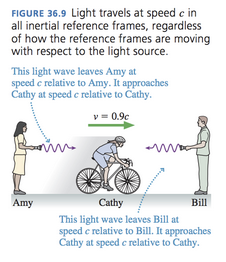


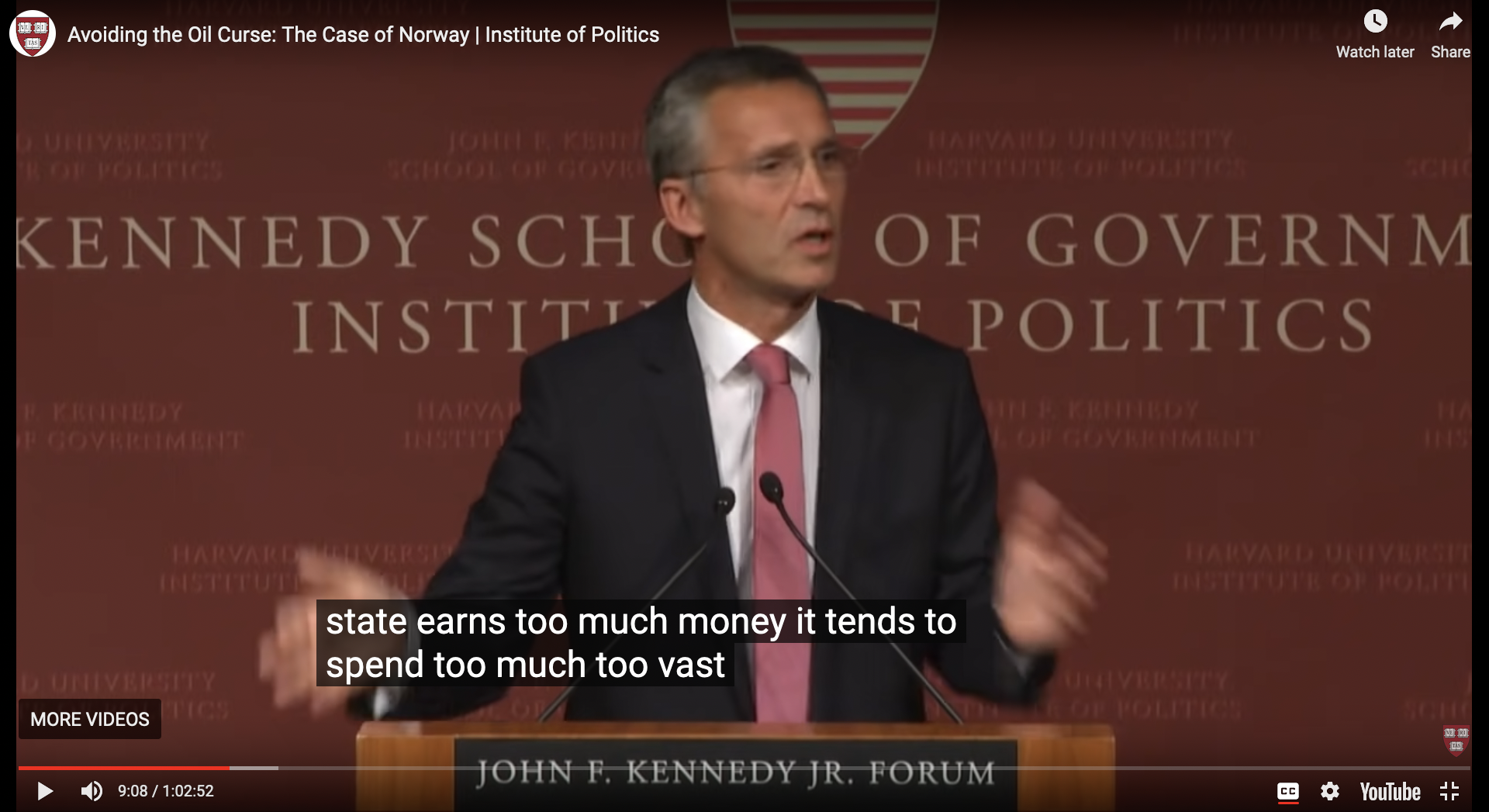
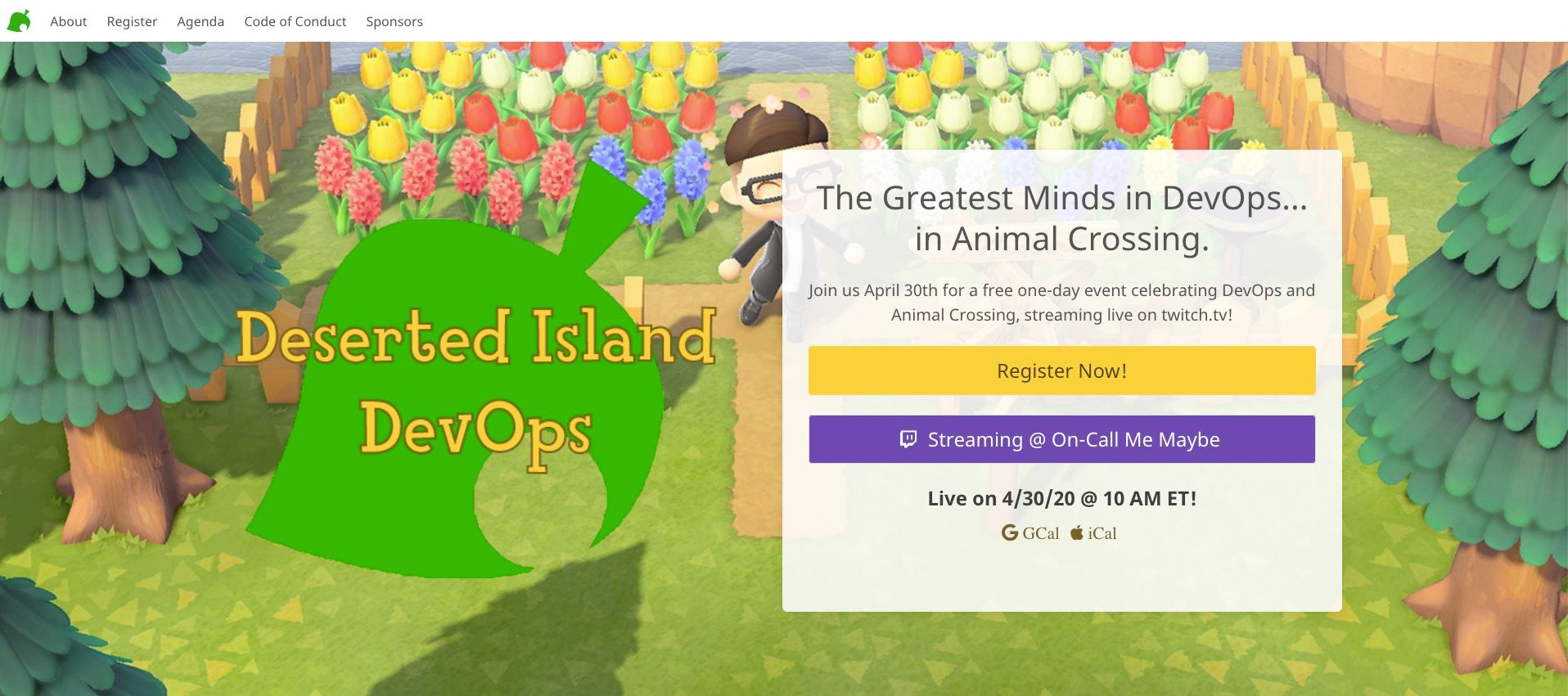 If you are not aware,
If you are not aware,  Reading 6 research papers a week seems like a lot, but I think if one can read even one research paper per week, that will germinate lots of new ideas.
Reading 6 research papers a week seems like a lot, but I think if one can read even one research paper per week, that will germinate lots of new ideas.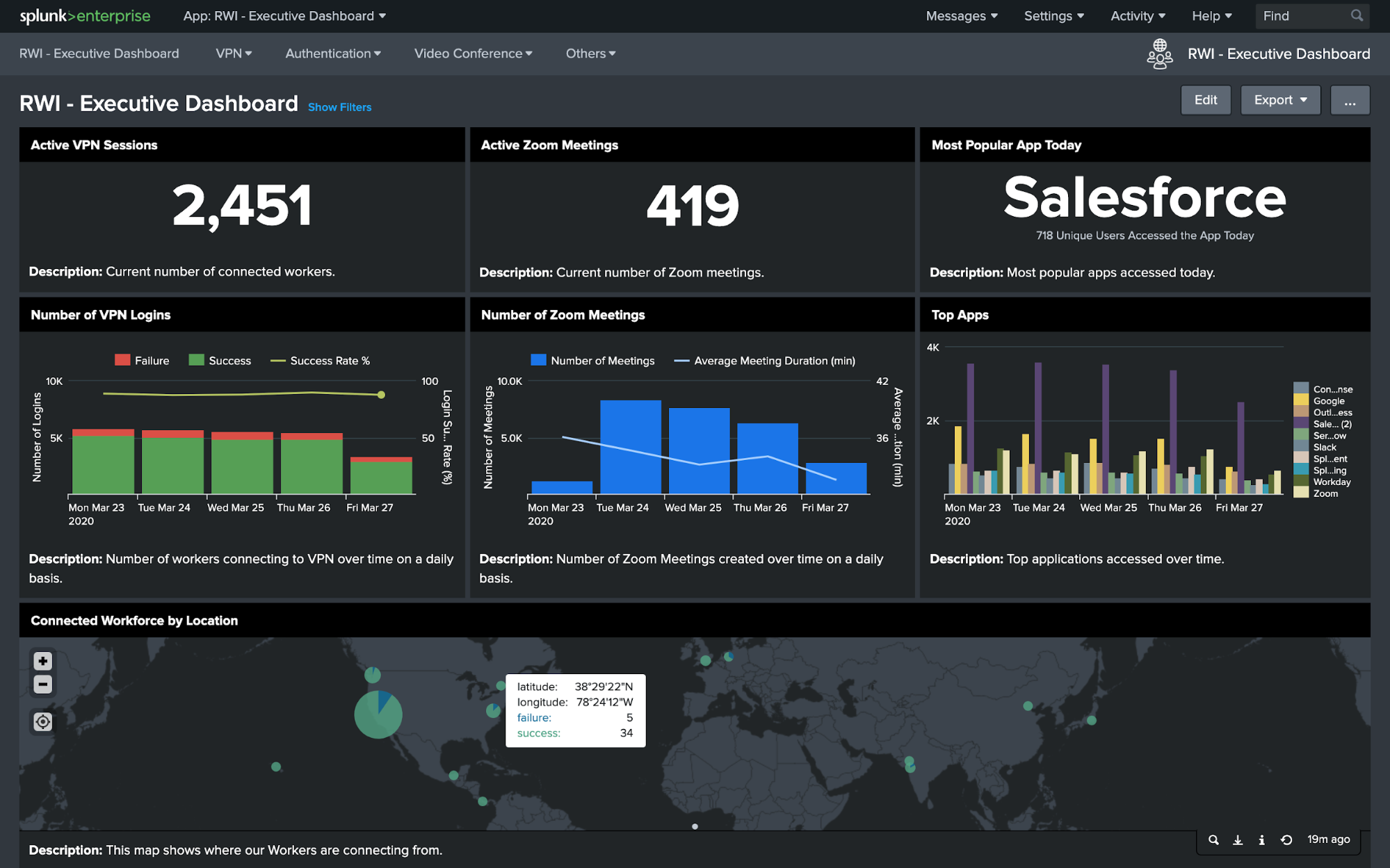 Splunk Remote Insights - Dashboard
Now, Splunk had to face lots of flak because of this. People got enraged that this is a corporations trying to extract work from their employee, that too when everybody is struggling on their own. But if you look carefully, I am not sure that is the objective. They are not trying to monitor if people are doing their jobs. They are just trying to figure out if people have enough access to do the work, are they facing any difficulties, etc.
Splunk Remote Insights - Dashboard
Now, Splunk had to face lots of flak because of this. People got enraged that this is a corporations trying to extract work from their employee, that too when everybody is struggling on their own. But if you look carefully, I am not sure that is the objective. They are not trying to monitor if people are doing their jobs. They are just trying to figure out if people have enough access to do the work, are they facing any difficulties, etc.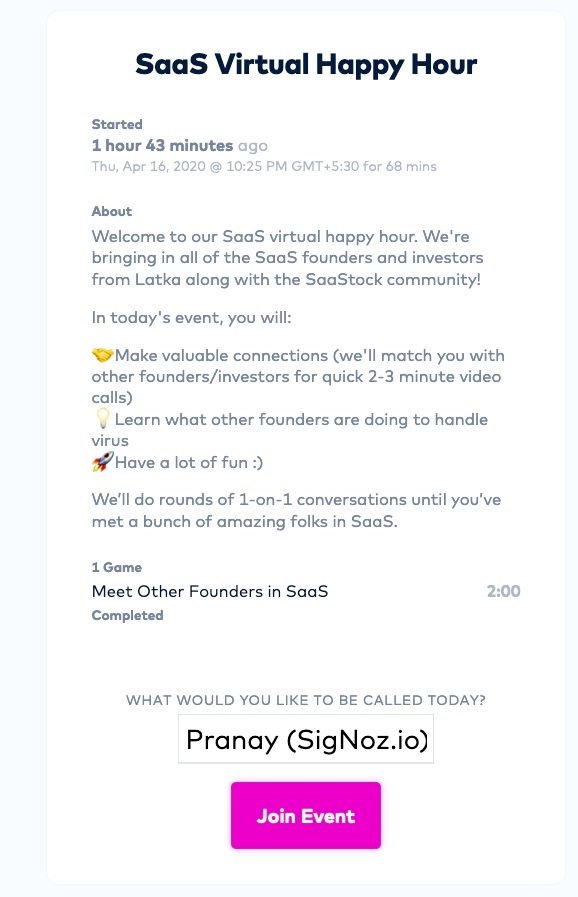
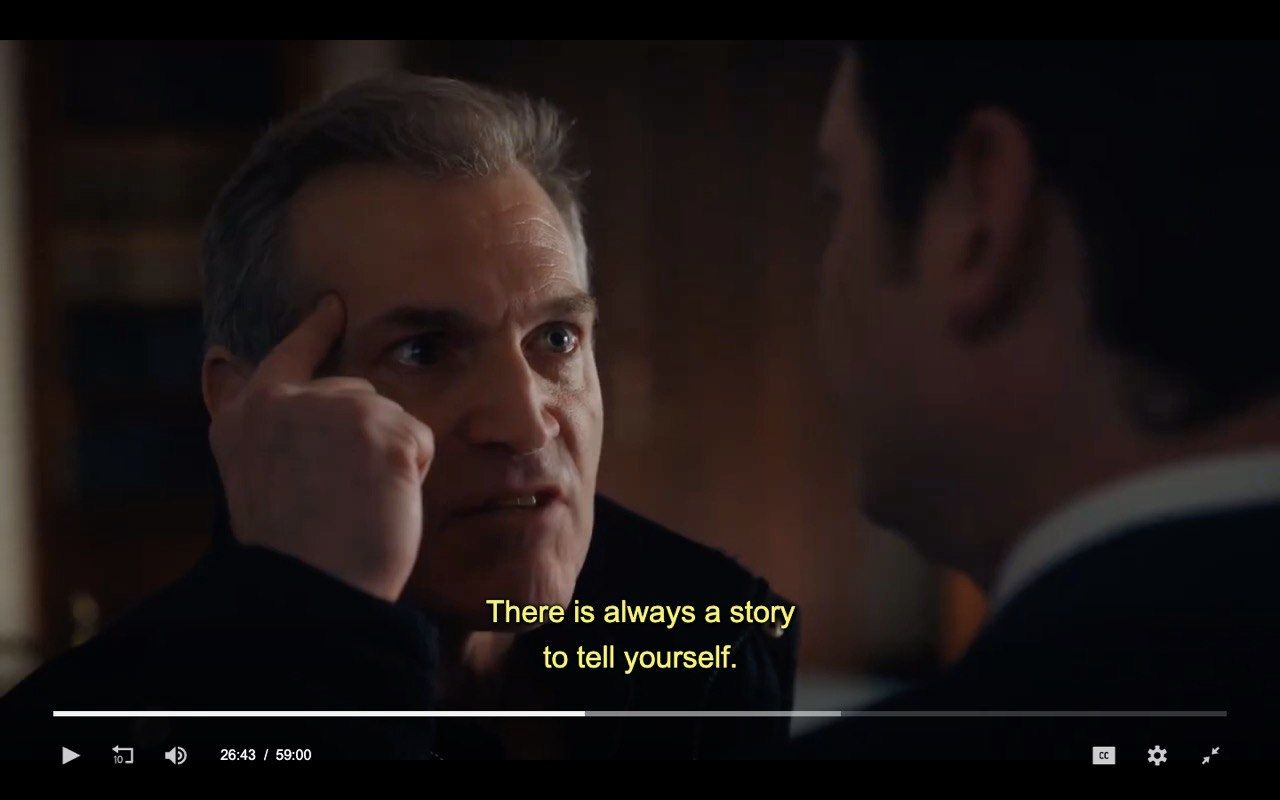 It is true. Many times we tell ourselves why something is not possible, why we can't do it. Why something is so hard. But the fact is that unless we are dead, we can always do something. anything. Its all about the story we tell ourselves.
It is true. Many times we tell ourselves why something is not possible, why we can't do it. Why something is so hard. But the fact is that unless we are dead, we can always do something. anything. Its all about the story we tell ourselves.